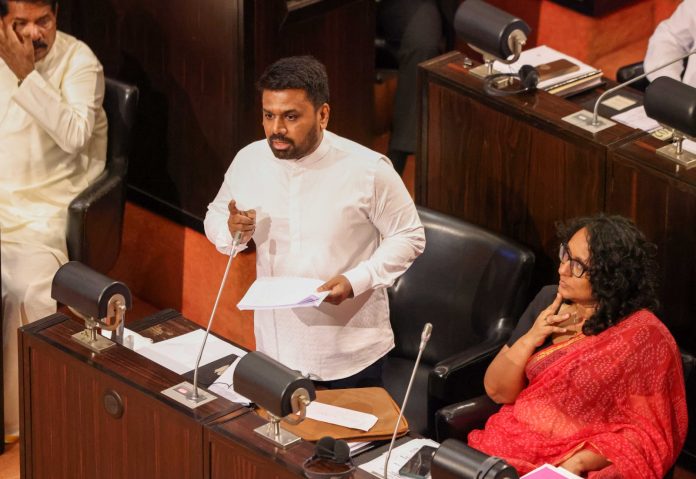Presenting the 2026 Budget to Parliament on 7 November, President Anura Kumara Dissanayake announced that steps have begun to shut down 33 state institutions that perform no commercial, regulatory, or administrative function.
He stated that several non-commercial institutions that have deviated from their original purpose or no longer match current needs have also been identified, and preparations are under way to close them.
The President noted that the Cement Corporation no longer produces cement and that its land assets have been leased to the private sector.
He said a strong public service is essential for Sri Lanka’s future economic, social, and cultural progress, but the state service currently carries a disproportionate cost due to politicised recruitment, institutions whose mandates have expired, and multiple bodies established to carry out identical tasks.
According to the President, the government will prioritise essential public services, close state institutions whose functions have ended, merge those performing the same tasks, and restructure those that must be repurposed.
He added that the 33 institutions identified for closure have not contributed to the national economy or service delivery, and that their financial records are unclear, with unresolved accountability issues and legal complications relating to asset ownership. A special unit has been set up under the Ministry of Finance to expedite the process.
Based on recommendations provided on non-commercial state enterprises, 21 institutions will be reorganised to merge overlapping functions, 14 research agencies will be consolidated to form a single national body, nine non-commercial institutions will be converted into financially autonomous entities, and 13 institutions will be abolished as their founding objectives are no longer relevant.




